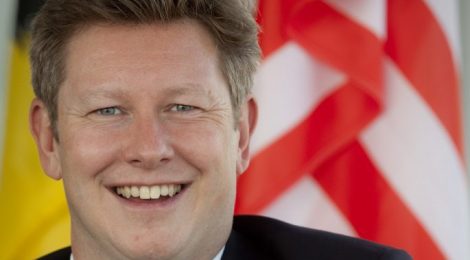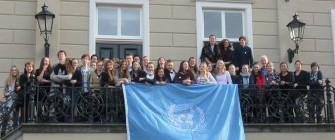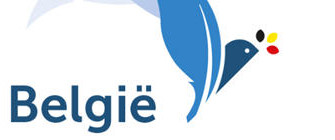
Lunch lecture “Flanders and the International Labour Organization” (28/09)
On Wednesday September 28th the United Nations Association Flanders – Belgium and the Leuven Centre for Global Governance Studies organize a lunch lecture on ‘Flanders and the International Labour Organisation (ILO): 25 Years of Partnership’ in the United Nations Regional Information Centre, Brussels.
Registration
Wednesday 28 September 2016, 12.00-14.00
United Nations Regional Information Centre (UNRIC)
8th floor, block C2
Wetstraat 155, Brussels
Participation is free, but we kindly ask you to register
before 25 September.
For more information about this event: http://www.vvn.be/activiteiten/lunchlezingen/
Programme
Light Sandwich lunch (12:00 pm – 12:30 pm)
Lecture (12:00 pm – 14:00 pm)
- Chair: Mr. Eddy Laurijssen (Board Member of UNA Flanders-Belgium, Former Director of the ILO Brussels Office)
- Presentation by Mr. Kris Dierckx (General Representative of the Government of Flanders to the UN)
Background
In 2016, the Government of Flanders is celebrating 25 years of cooperation with the International Labour Organization, the tripartite-run UN agency that has been promoting decent work for almost a century now. Having a quality job has proven to be such a fundamental prerequisite for the development and well-being of people all around the world that, last year, one specific goal (SDG 8) out of the 17 UN Sustainable Development Goals has been attributed to Decent Work and its agenda based on the pillars of employment creation, social protection, rights at work and social dialogue. This clearly shows that today’s mission of the ILO is not any less relevant than before. But is this almost centenary organization ready for the future, more specifically for the future of work ? For several years now, many countries around the world have been confronted with challenges of slow growth, high unemployment and underemployment, inequality, and continuing rapid structural change (e.g. climate and environmental change and the greening of the economy, prevalence of global supply chains, rise of the sharing economy,…). This of course entails all kinds of economic and political risks in the medium to long term. Furthermore, political situations, more specifically armed conflicts and the huge migration flows they cause, are having a severe impact on economies all over the world. In its nearly 100 years of existence, the ILO has had to deal with the consequences of two world wars and many other crises around the globe, but is it prepared and equipped for the challenges of the future ? It is estimated that by 2030, 600 million jobs will have to be created worldwide only to anticipate the growth of the world’s population but even today more than 780 million people around the globe do not earn enough to be able to overcome poverty (which is: earn more than US$2 per day). Today, more than 200 million people worldwide do not have a job, of which more than 71 million young people (with, at the same time, approximately 168 million children in child labour), and of those who do, more than 60% do not even have an employment contract. The ILO cannot create jobs but it can help to create the circumstances in which people should be able to have more and better quality jobs.
The Government of Flanders, fully competent for, inter alia, employment policy, vocational training, social economy and development cooperation, attaches great importance to the goals and objectives of the ILO and to providing the organization with the resources needed to reach them. Moreover, Flanders is supporting and cooperating with the ILO as part of a member state, which is widely recognized as having a strong tradition and extensive expertise in the fields of social dialogue and social protection. In its 25 years of cooperation, the Government of Flanders has spent more than 30 million US dollars with the International Labour Organization, which, today, allows it to rank 18th in the list of extra-budgetary (voluntary) donors of the organization worldwide. This is no mean feat for a region with merely 6 million inhabitants and all-in-all pretty unique in the world of multilateral funding.






